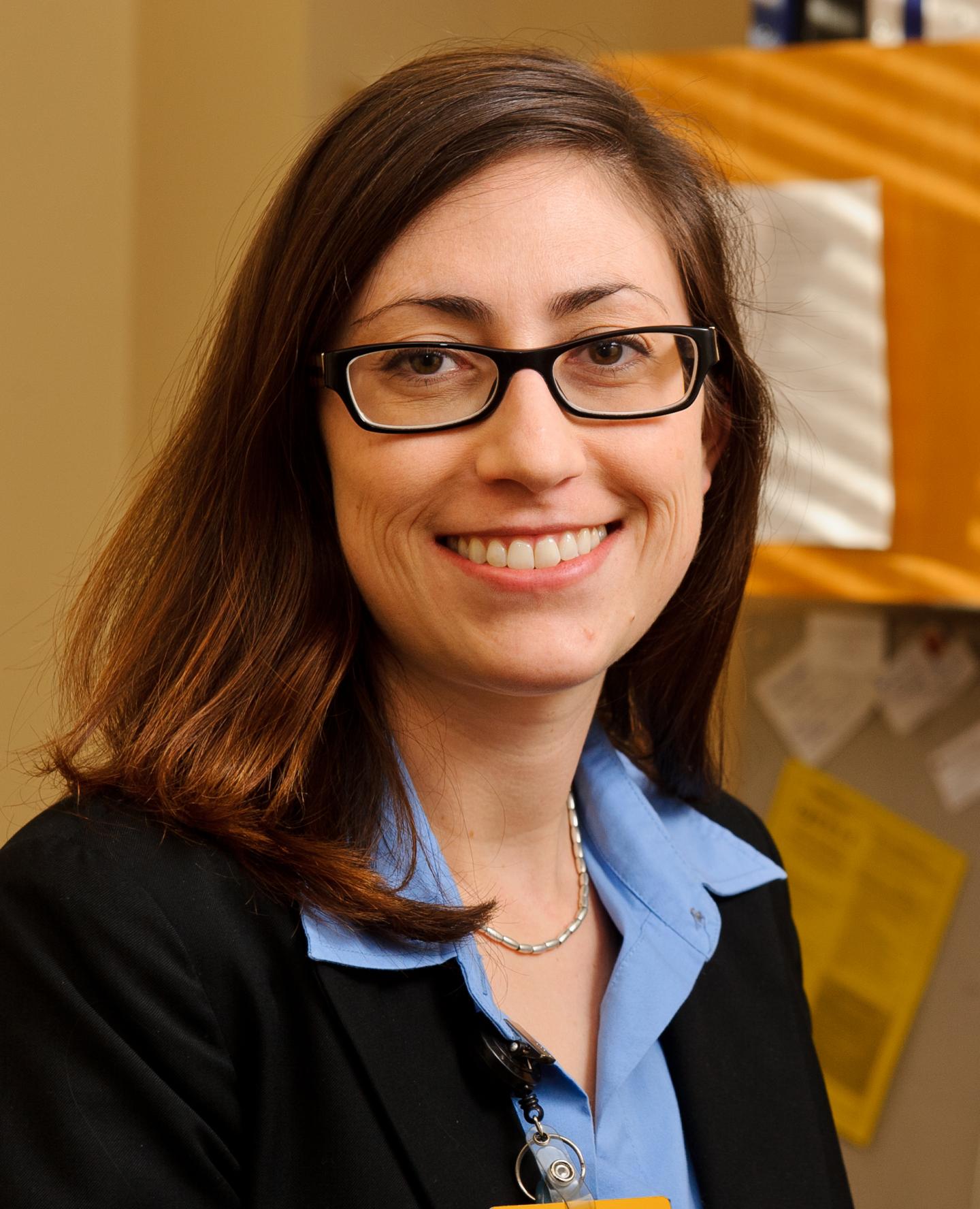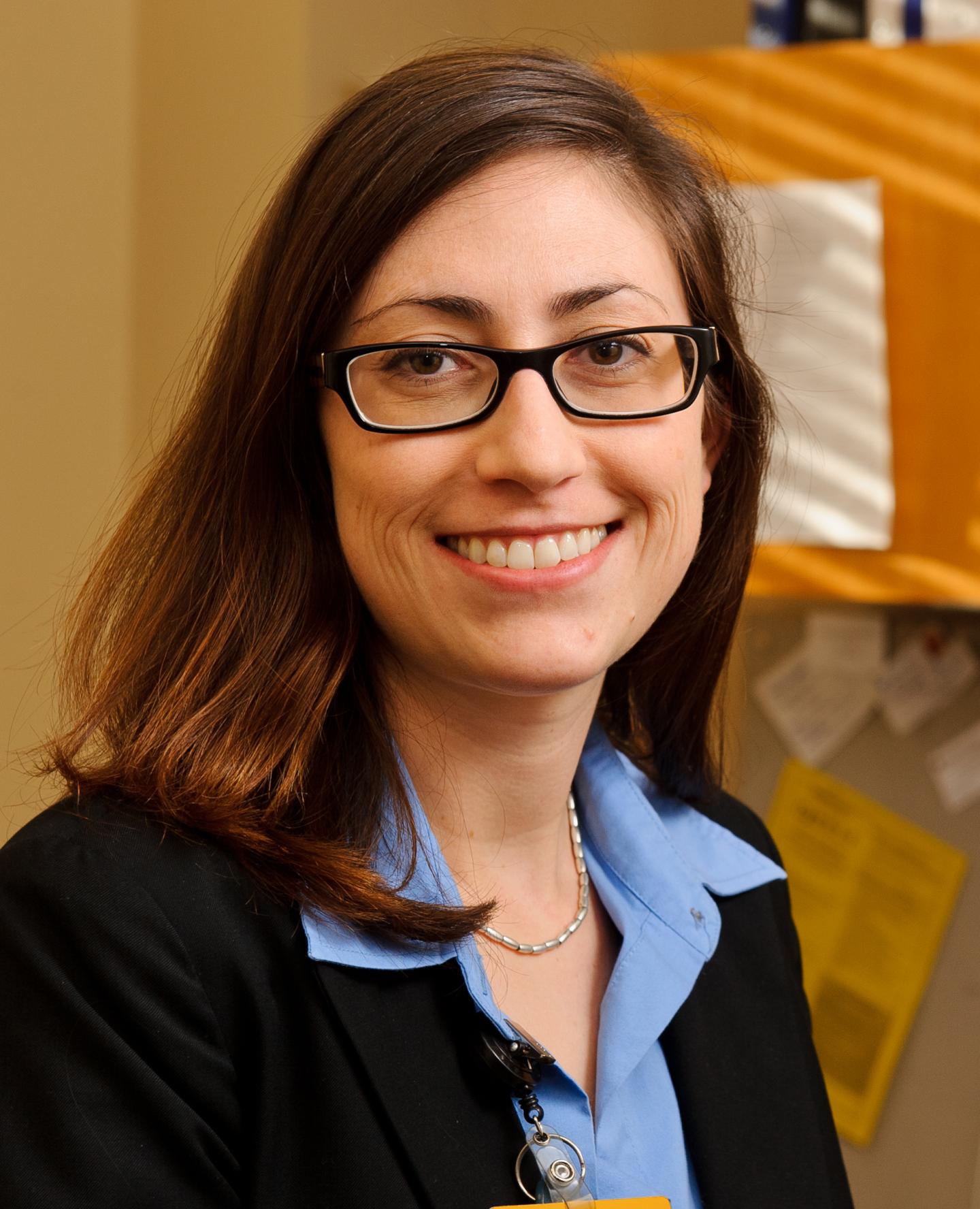
Credit: Justin Kelley/MU Health
COLUMBIA, Mo. (March 6, 2017) — Studies have shown that hazardous waste sites have the potential to adversely affect human health and disrupt ecological systems. Florida has the sixth highest number of hazardous waste sites, known as Superfund sites, in the United States. In 2016, the state was projected to have the second largest number of new cancer cases in the country. Researchers from the University of Missouri School of Medicine and the University of Florida studied cancer incidence rates in relation to Superfund sites and found a possible association. Researchers believe this discovery could help direct public health efforts in the state.
"We reviewed adult cancer rates in Florida from 1986 to 2010," said Emily Leary, Ph.D., assistant professor at the MU School of Medicine and co-author of the study. "Our goal was to determine if there were differences or associations regarding cancer incidence in counties that contain Superfund sites compared to counties that do not. We found the rate of cancer incidence increased by more than 6 percent in counties with Superfund sites."
Florida is home to 77 sites that currently are or have been classified as Superfund sites by the United States Environmental Protection Agency. Using cancer incidence data collected by the Florida Department of Health, the researchers looked for cancer clusters, or "hot spots," of cases that were higher than normal. Because pediatric cancers often are genetic and not attributed to environmental factors, only adult cancers were included in the study. The researchers did not distinguish between different types of cancer.
"The findings show spatial differences — as well as gender differences — across Florida in adult cancer incidences," Leary said. "This work is novel because it is another piece of evidence to support an environmental cause of cancer. While it would be premature to say these differences are attributed to Superfund sites, there does appear to be an association. More research is needed to determine what this relationship is and why it exists, but identifying that a difference exists is a necessary first step."
"Our results can help public health agencies adjust policies and dedicate more efforts to areas with cancer hot spots," said Alexander Kirpich, Ph.D., postdoctoral associate at the University of Florida and co-author of the study. "These results support the link between toxic environmental waste and adverse health outcomes, but more efforts are needed to better understand this link and what it means for residents in these counties."
The study, "Superfund Locations and Potential Associations with Cancer Incidence in Florida," recently was published online in Statistics and Public Policy. Research reported in this publication was supported by the University of Florida and the University of Missouri School of Medicine. The researchers have no conflicts of interest to declare related to this study. The content is solely the responsibility of the authors and does not necessarily represent the official views of the funding agency.
###
About the MU School of Medicine
The MU School of Medicine has improved health, education and research in Missouri and beyond for more than 165 years. MU physicians treat patients from every county in the state, and more Missouri physicians received their medical degrees from MU than from any other university. For more information, visit http://medicine.missouri.edu/.
Media Contact
Derek Thompson
[email protected]
573-882-3323
@mizzounews
http://www.missouri.edu
############
Story Source: Materials provided by Scienmag





